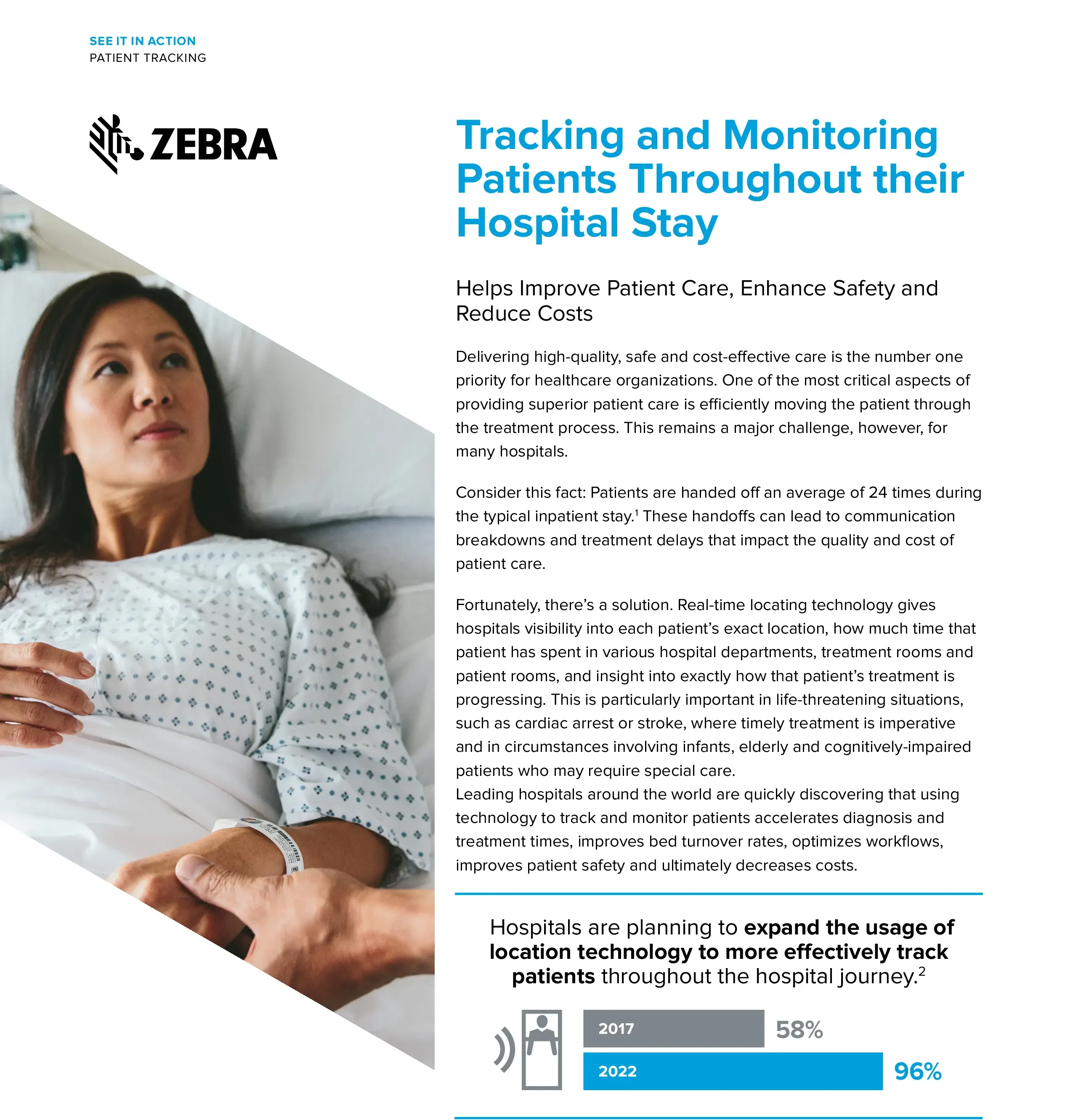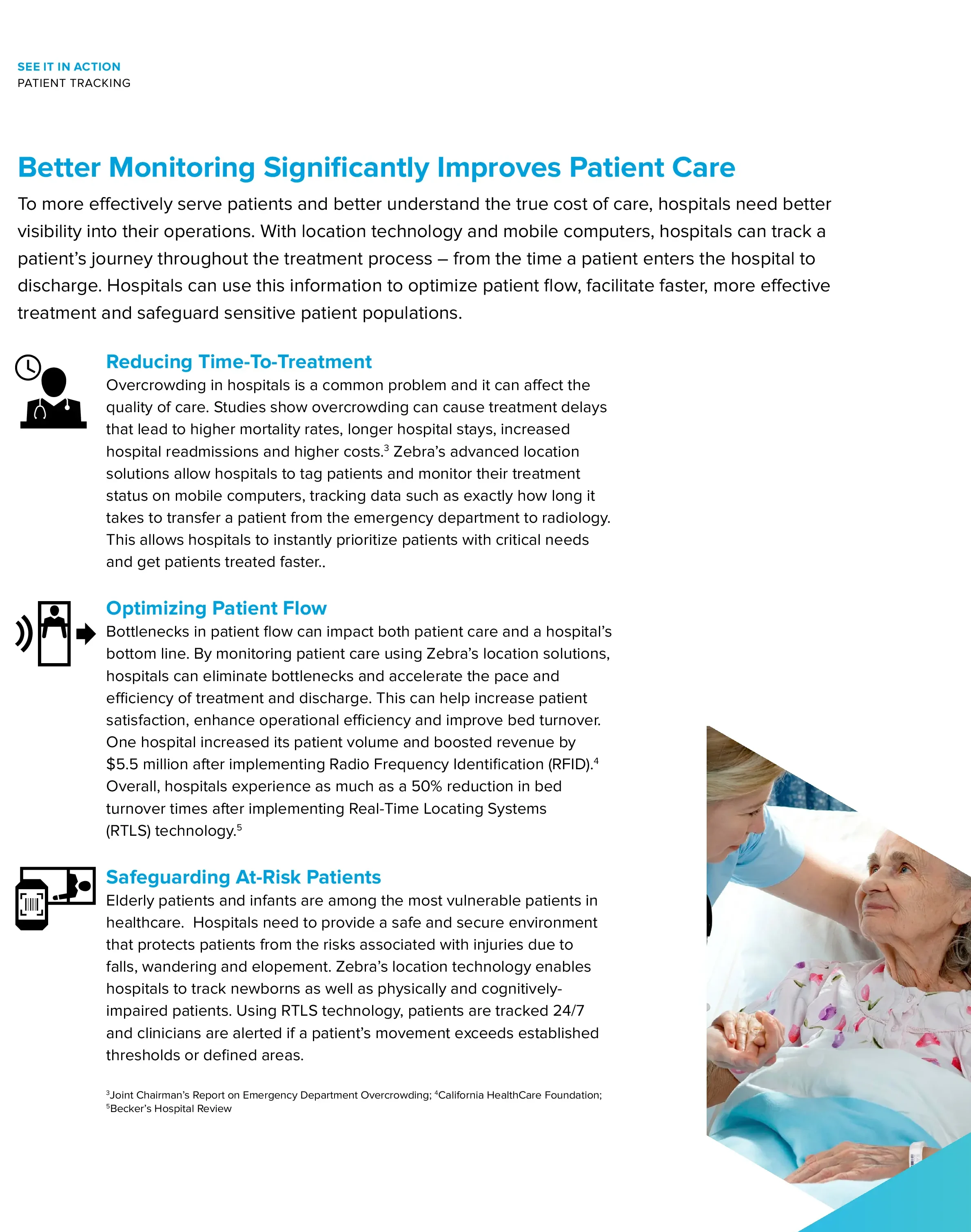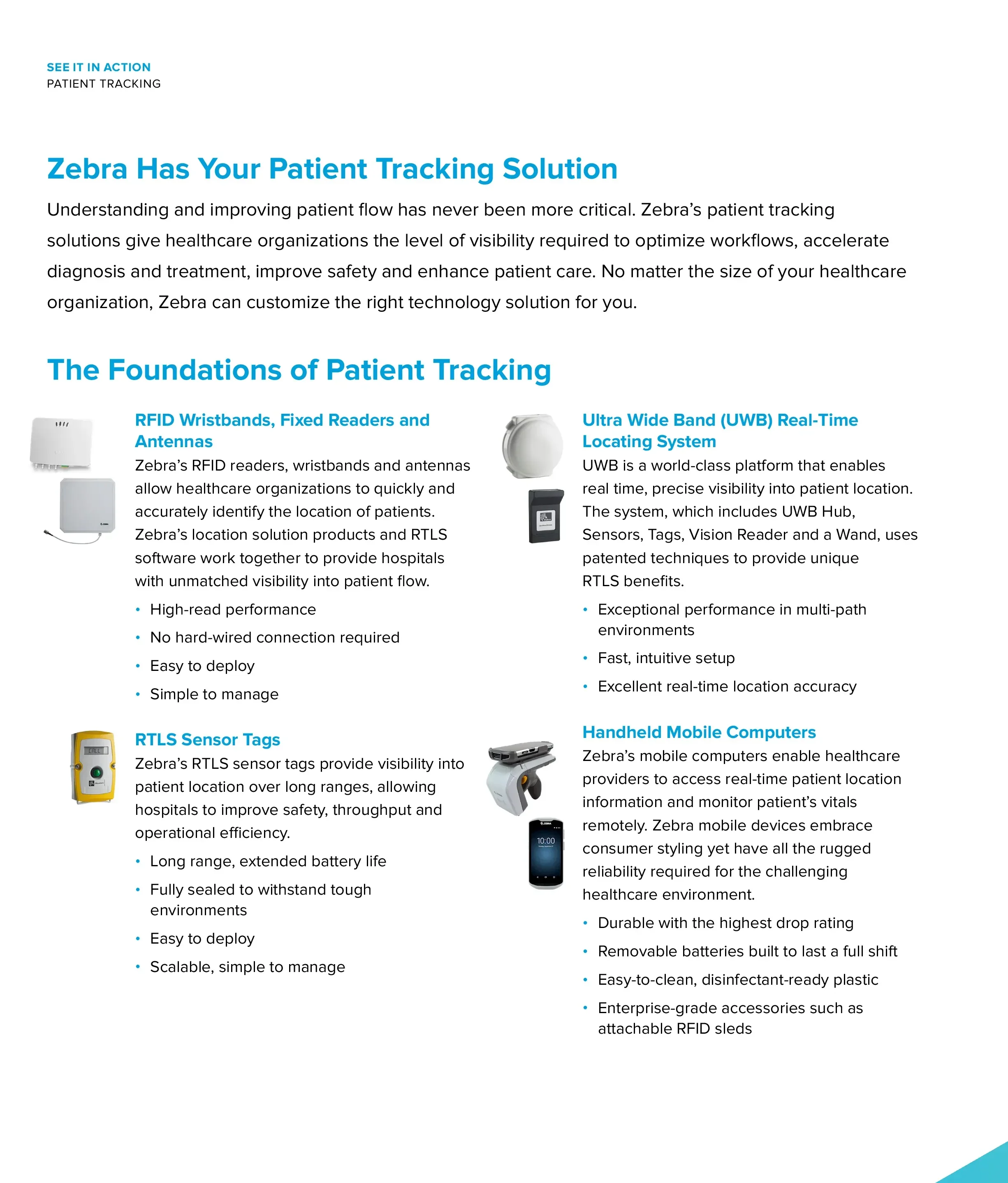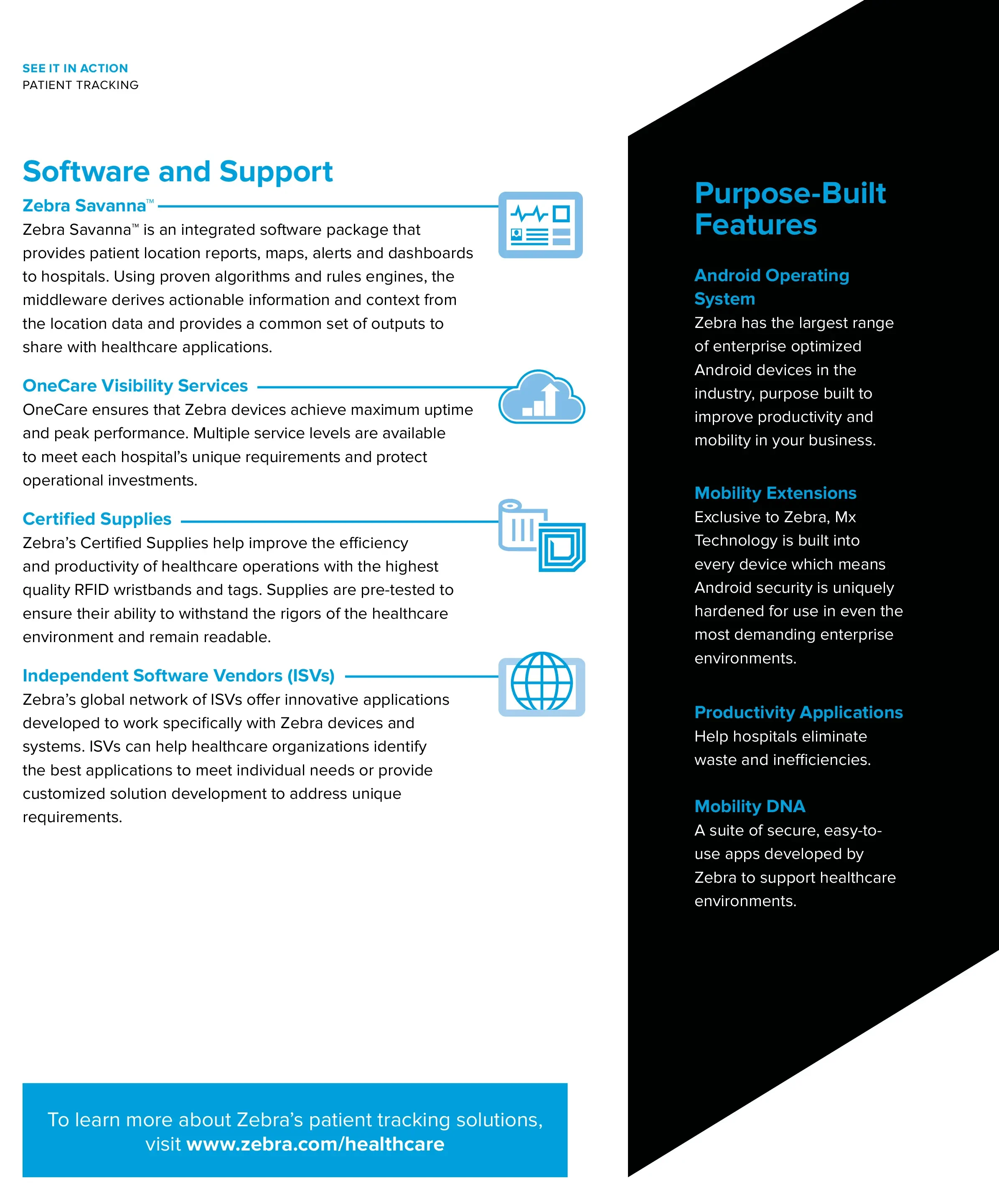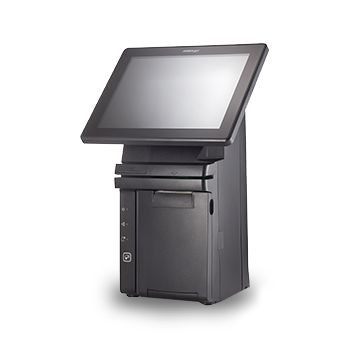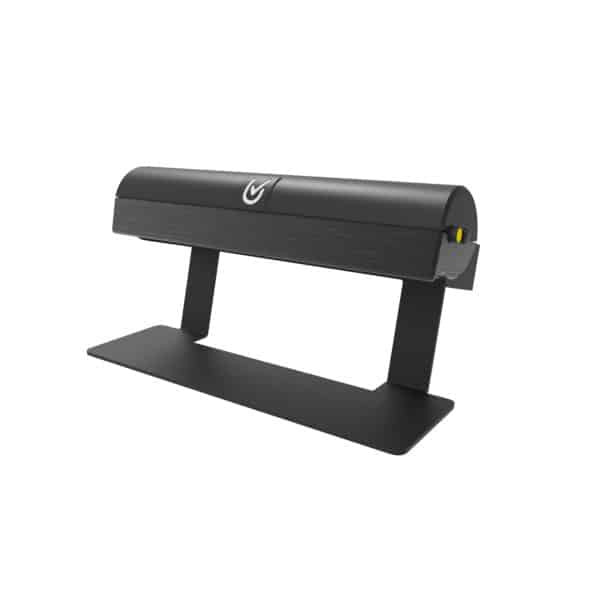Patient Tracking Tracking and monitoring patients enhances care, safety, and reduces costs. Real-time data helps staff respond quickly
Patient Tracking
In today’s healthcare environment, the ability to track and monitor patients throughout their hospital stay is more crucial than ever. It not only helps in delivering high-quality and safe care but also significantly reduces costs, addressing three core concerns of healthcare organizations: patient care, safety, and financial efficiency. This blog delves into how the implementation of patient tracking and monitoring systems can transform hospital operations, leading to enhanced patient outcomes and streamlined healthcare delivery.
The Importance of Patient Tracking Systems
Patient tracking systems utilize various technologies, including RFID (Radio Frequency Identification), real-time location systems (RTLS), and electronic health records (EHRs) to monitor patient movements and health status throughout their hospital stay. These systems provide continuous, real-time data that help healthcare providers make informed decisions, manage bed availability, and streamline patient flow from admission to discharge.
Improving Patient Care
The primary benefit of effective patient tracking is improved care quality. With real-time data at their fingertips, medical professionals can quickly respond to patient needs, adjust treatments as necessary, and prevent potential complications. For example, if a patient’s vital signs deteriorate, the system can alert staff immediately, ensuring rapid response to prevent further health decline. This level of attentive care can significantly improve recovery rates and patient satisfaction.
Enhancing Safety
Patient safety is paramount in healthcare settings. Monitoring systems help reduce medical errors, one of the leading causes of mortality in hospitals. By integrating with EHRs, tracking systems ensure that healthcare providers have access to up-to-date patient information, reducing the likelihood of medication errors and ensuring that patients receive appropriate interventions. Additionally, these systems can monitor patients’ locations, ensuring that individuals, especially those vulnerable to wandering or falls, are safe within the hospital environment.
Reducing Costs
Efficient patient tracking also leads to significant cost reductions. By optimizing patient flow, hospitals can reduce wait times and length of stay, which are directly tied to operational costs. Furthermore, improving patient throughput can increase capacity and reduce the need for overtime labor, thereby decreasing operational expenses. Cost savings also arise from reduced readmission rates, as effective monitoring and timely interventions during the initial stay prevent complications that could lead to subsequent hospital visits.
Operational Efficiency
Beyond individual patient care, tracking systems enhance overall operational efficiency. They provide valuable data that can be used to manage staffing effectively, allocate resources more efficiently, and improve the overall management of hospital logistics. For instance, knowing the real-time status of rooms and beds helps in the swift turnover of patients, which is essential in high-demand environments.
The Future of Healthcare
Looking forward, the integration of AI and machine learning with patient tracking systems holds promising potential. These technologies can analyze vast amounts of data collected by monitoring systems to predict patient trends, prepare for potential health issues, and personalize care plans. This not only enhances the effectiveness of treatments but also pushes the boundaries of preventive care.
Conclusion
Tracking and monitoring patients throughout their hospital stay is not merely a technological upgrade but a transformational approach to healthcare. It enhances the quality of care, ensures patient safety, and optimizes hospital operations, all while reducing costs. As healthcare continues to evolve, the role of such technologies will become increasingly central, not just in managing patient care but in shaping the future of healthcare delivery. Hospitals that adopt and effectively implement these systems will set new standards in healthcare excellence, benefiting both patients and healthcare providers alike.
By Pos Qatar
MP7000 Infographic
